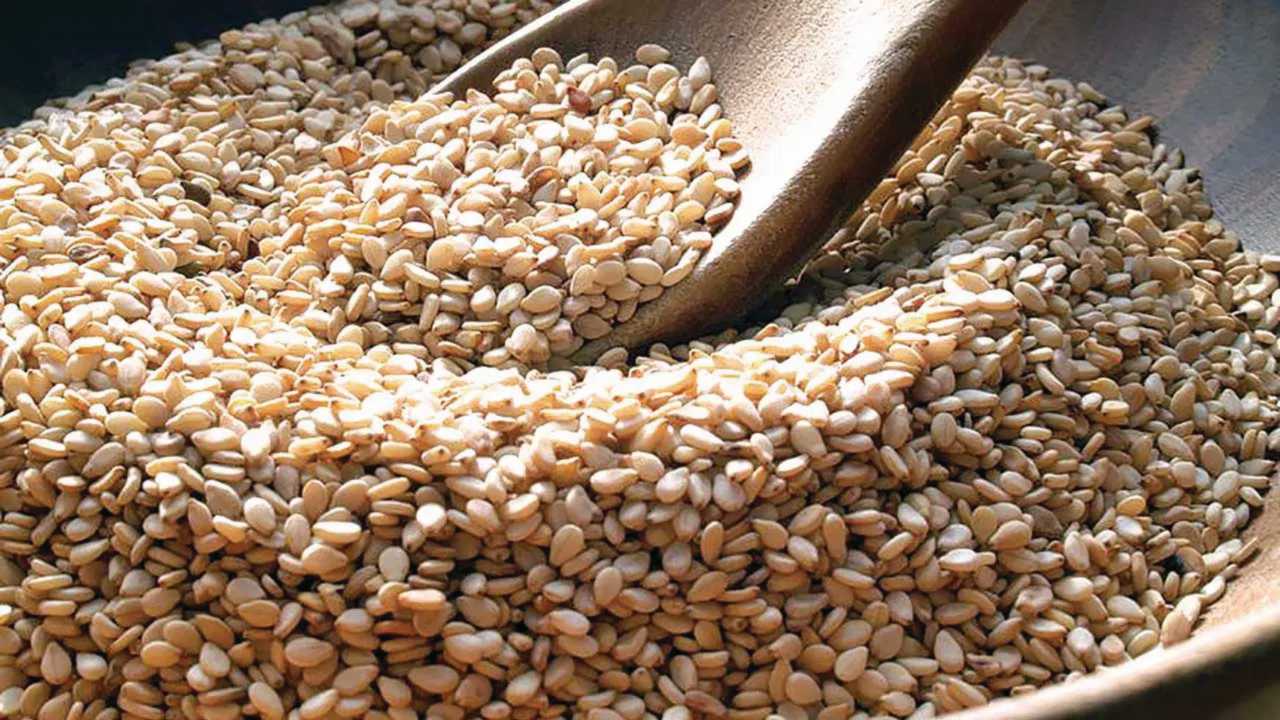THE Gates Foundation says it has committed $1.4b investment to advance climate adaptation, helping smallholder farmers build resilience to a warming world and protect hard-won gains against poverty.
The commitment, announced at COP30 in Belém, Brazil, where leaders are emphasising locally driven adaptation, the four-year investment will expand access to innovations that help farmers across sub-Saharan Africa and South Asia adapt to extreme weather.
In the mentioned regions, where food security and livelihoods depend on agriculture, smallholder farmers and the communities they feed are among the most exposed to droughts, floods, and rising temperatures, yet less than one per cent of global climate finance targets the growing threats to these vital food systems.
While making the announcement, the chair of the Gates Foundation, Bill Gates said smallholder farmers are feeding their communities under the toughest conditions imaginable. “We’re supporting their ingenuity with the tools and resources to help them thrive—because investing in their resilience is one of the smartest, most impactful things we can do for people and the planet.”
This investment, considered as part of moves to address global funding gap is essential to address mounting climate threats, especially in low-income countries, in order to drive food insecurity and reverse hard-won gains against poverty.
World Bank research shows that targeted adaptation investments could boost GDP, particularly in small island and developing states, by up to 15 percentage points by 2050. The World Resources Institute estimates that every dollar invested in climate adaptation will yield more than $10 in social and economic benefits within a decade.
“Climate adaptation is not just a development issue—it’s an economic and moral imperative,” the CEO of the Gates Foundation, said Mark Suzman.
“This new commitment builds on our support for farmers in Africa and South Asia who are already innovating to withstand extreme weather, but they can’t do it alone—governments and the private sector must work together to prioritise adaptation alongside mitigation.”
While climate shocks continue to intensify, the financing needed to help farmers adapt to them is not keeping up. According to the 2025 UN State of Food Security and Nutrition report, Africa was the only region where hunger and malnutrition increased this year. Without urgent adaptation, the Intergovernmental Panel on Climate Change warns that agricultural productivity in parts of Africa could drop by up to 20 per cent by 2050.
The foundation’s new investment, reports say, will scale farmer-led, evidence-backed innovations that strengthen rural livelihoods and food systems amid growing climate threats. It will expand technologies and approaches already showing results, including: Digital advisory services – Mobile apps, SMS, and other platforms that deliver timely, tailored information to help farmers make informed planting decisions and manage risk, including support for the AIM for Scale initiative, which aims to reach 100 million farmers across Africa, Asia, and Latin America by 2030.
Others include Climate-resilient crops and livestock – Varieties that withstand drought, heat, and emerging pests while improving yields and nutrition; and soil health innovations – approaches that restore degraded land, enhance productivity, and reduce emissions—supported by a $30m partnership with the Novo Nordisk Foundation to advance soil science research.
The new commitment builds on partnerships that were expanded or launched through the foundation’s COP27 pledges and are already reaching millions of farmers.
The Gates Foundation is working alongside local researchers, governments, and private sector partners to scale such efforts—strengthening rural economies and food systems for the long term.
This investment reflects a shared global commitment—led by African leaders and Brazil’s COP30 presidency—to put food, livelihoods, and health at the centre of resilience planning. “Brazil’s own experience linking social programmes with sustainable agricultural innovation shows how inclusive adaptation can drive equitable growth.”






